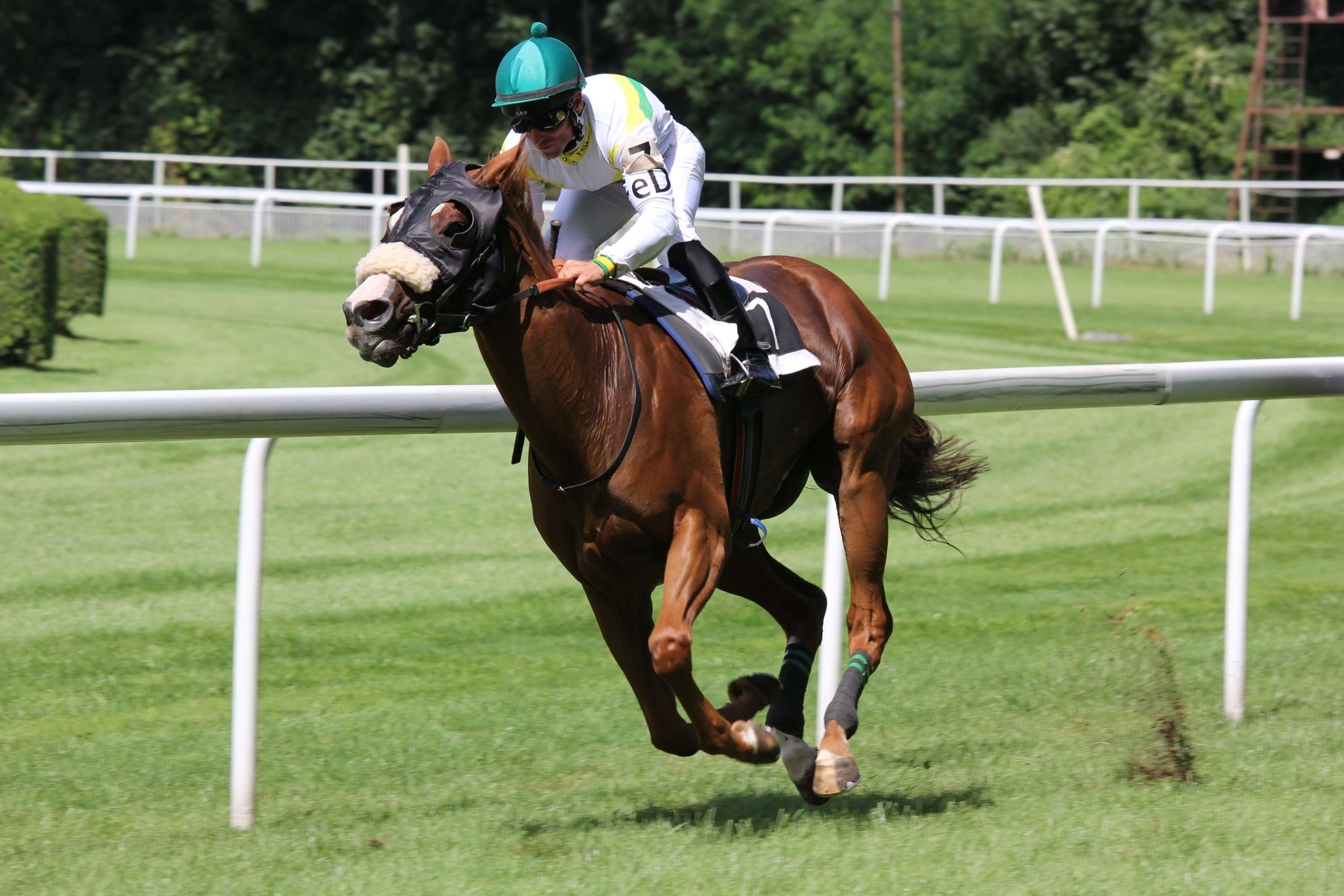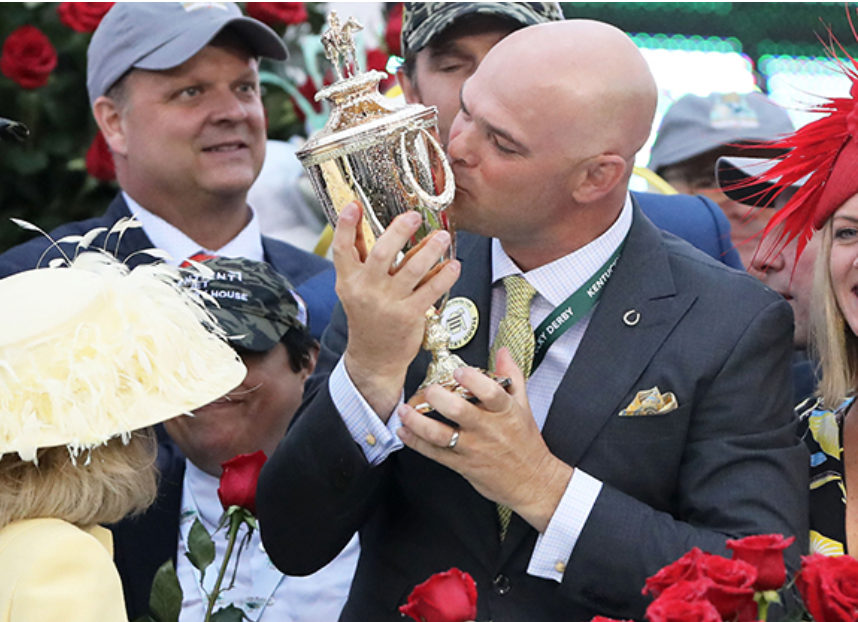
Larry Weidel: I’m here with Guinness McFadden Jr., the owner & trainer of the 2019 Kentucky Derby winner CountryHouse. We’re talking about lessons of winning in the horse world.
Training a horse is like dealing with a teenager. They can be very skittish.
This is similar to when you bring a new person into your organization.
Everyone sets up a pattern of important events to follow on their schedule, but it’s what you do inside those blocks of time that matters.
That’s where the value comes and the excellence is developed.
Would that be a good way to describe it?
Guinness McFadden: Very much so, generally speaking.
They’re gonna be in what we call sets, the groups we break them into.
They’re gonna be in a similar set, unless there’s something particular in the schedule, whether they need to see a blacksmith or a veterinarian, but generally, they’re gonna be within a 30 to a 45-minute time slot, pretty much for the most part.
We like to have ’em in a routine from a timing standpoint as to when they get fed when they get groomed, and everything.
You’d like to keep ’em a little bit off-balance from a mental standpoint of what they’re gonna do each day.
The Fundamentals of Horse Training
LW: When it comes to the variety of training, what people haven’t ever thought about is this: With a young horse, you gotta train them to get in the gate.
If you’ve ever watched a horse race when they come out of a quiet area, then they’ve gotta go out into a big area with a lot of noise.
A lot of people can cause a meltdown with horses that are high strung that haven’t been brought gradually into those environments where they get used to it.
Just loading them on the trailer to get them to the new racetrack can be a nightmare.
You have to teach them how to load and unload off of a trailer or go into or come out of a new barn. You’ve gotta get inside their mind and look at getting them into the gate.
If you’ll notice that even at the Kentucky Derby, there usually will be one or two horses that just don’t want to get in that starting gate. And then exploding out of that it’s just like all hell breaks loose.
They have to learn how to get out of the gate and not stumble and fall over themselves.
They’ve got to learn how to pace themselves, not fight the jockey and try to run away, and how to run along but settle into a rhythm where they’re not sweating like pigs.
The one with sweat lathered up halfway through the race probably won’t have the energy to finish because he just wore himself out with nerves early in the race. So, you wanna keep him calm so there’s something left when it’s time to go for the finish line.
All of these little steps are very, very important and very key to having that peak. These are just the fundamental things before you can get ’em to really peak and have their best race ever. Did I describe that right?
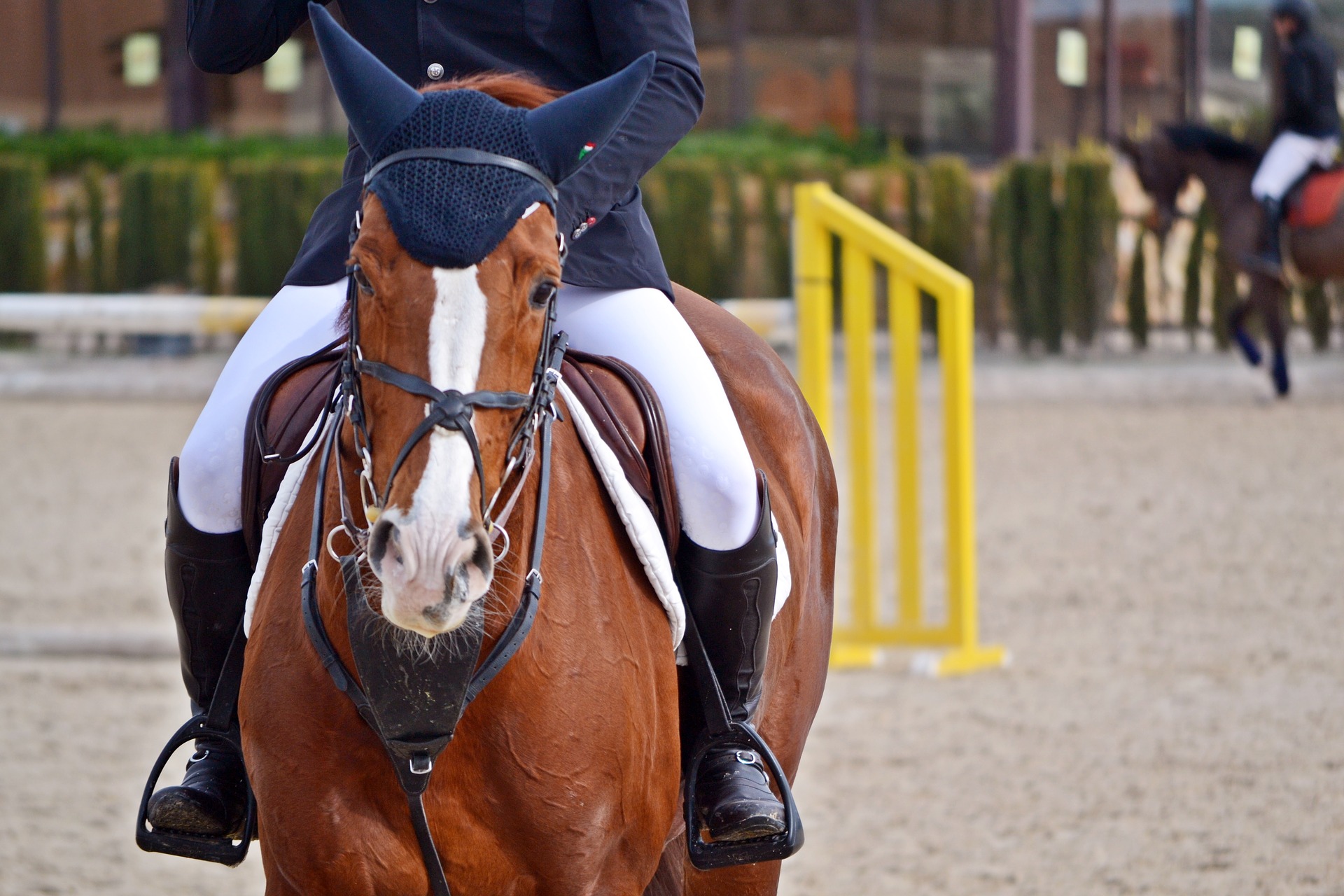
GM: Yeah. We call that washing out when they get really lathered up. Usually, if they’re in the post parade or in the paddock some horses have a reputation for doing that, or that’s normal for them, but for most horses you’re right, that’s a bad sign.
You talk about getting a horse comfortable on the racetrack. All of that groundwork gets done months and months before with their trainer. That’s why these guys are so good at what they do.
We use Bill Mott as Country House’s, trainer. It’s just knowing the horses and trying different things until you can get ’em comfortable.
One of the most important parts of the whole operation is the feedback you get from the exercise rider.
You’ve seen the race car movies where the driver comes back to the crew chief, and he can’t tell him what’s wrong with the car so the crew chief can’t make the adjustments. And similarly, if the exercise rider can’t come back and tell the trainer what’s going on and when it’s happening, that’s a huge problem.
So that’s why that relationship is ultra important.
The experience that these guys have as trainers over the years of knowing if a horse does this, I can then do this and this to correct it, or encourage them to do something different.
It’s those minor adjustments that make all the difference in the world.
LW: It’s been my experience that people learn different things at a different level so I’m sure it’s the same with horses.
You can never really predict what’s gonna be easy for a horse, or what’s gonna be tough for a horse until you walk ’em through it.
GM: Horses are far easier than people.
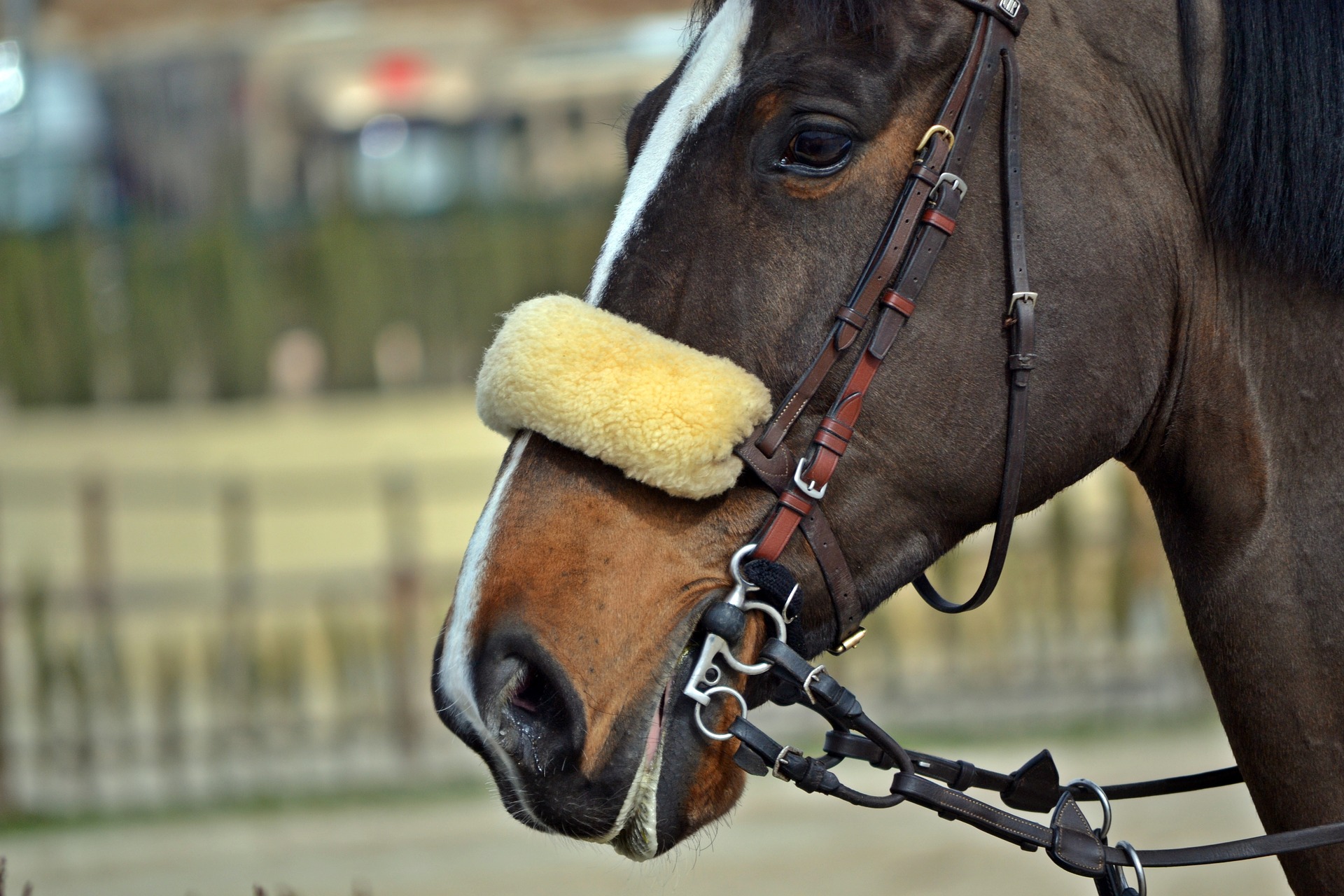
Identifying the Winners
LW: You never know until you put the horses through their paces.
Some you lose because they just don’t have the build, some don’t have the stamina or the health.
How do you eliminate until you decide which ones that you’re gonna take to the Derby and race?
GM: They separate themselves the minute they start galloping.
I’d say that the first time you can tell which horses are going to do well is when you just look at them standing up on the end of a shank.
To some degree, you can make an educated guess as to which ones will have a higher probability of being good horses. You can look at them and generally place them into categories of which ones you think are gonna have an athletic career just based on their limb confirmation.
If you use your analogy, if you see a person like Charlie Chaplin, standing with his legs pointed out to the sides, you can pretty well guess that statistically speaking, the good ones don’t look like that.
When they start to Gallop that just reaffirms their action of how smooth they look.
You don’t have to know anything about horses to see a horse that is going effortlessly versus a horse that is really trying. That’s how we separate ’em out is you just pair them up and you let ’em breeze.
You just keep doing that until you get the best you have in the barn.
You ask the rider to do the same thing on two horses, and more than likely, one of them’s gonna do it better than the other one.
If you look at guys like Bob Baffert, Todd Fletcher, Wayne Lucas, and Bill Mott, those guys can walk your horse, watch ’em gallop, and tell you a lot more than I could just be based on being around animals.
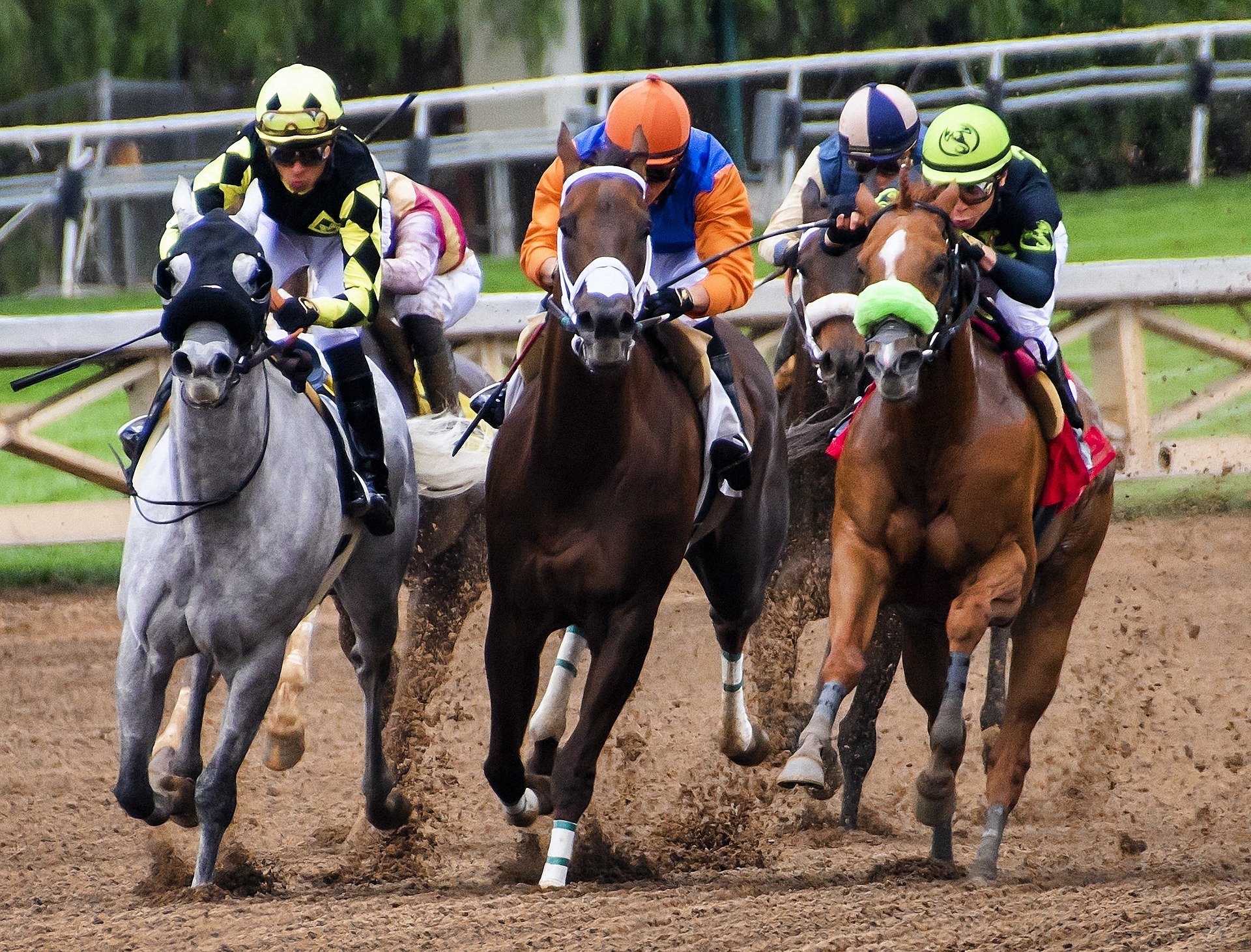
LW: How can they perform? I was talking to Bob Baffert at the Kentucky Derby about betting. He said, “as much as I know, as much as I do this thing, I would never bet. There are so many variables”.
I was struck by his humility because he didn’t say, “I’m the expert. I can look at the sheet, and I can tell you how it’s gonna turn out.”
I’ve noticed that there’s a certain humility you seem to have learned right from the beginning.
[bctt tweet=”You know that you gotta do all the work, but success is never guaranteed.” username=“Larry_Weidel”]
GM: Humility was a trait that I’ve had to learn. That is not something that comes naturally.
Maybe for some people, it does but it’s something difficult for me. I like to win and I think I’m good at things, but humility is difficult but something that I always try to get better at.
LW: It’s important for people to know that humility is a skill you can learn.
If you’ve had a problem with that, that’s something I think we all have to learn.
Any particular experience you went through or have gone through where you had to coach yourself to be better?
GM: Yeah. I look back at what I was like in my early twenties and I was radical with the way I would deal with people that I didn’t think we were trying hard enough or that I didn’t respect.
I would just harass them until they either went away or changed their ways. But that’s just not the right way to treat people.
I could name a number of instances where I was really hard on people that I didn’t think we were cutting it.
I was working in a barn with them so it’s not the end of the world when you’re coworkers like that. But when you get into a position where you’re managing people, you can’t do that.
Fortunately, I’ve been in a number of managerial roles and know that you just have to be careful with how you handle subordinates. You have to treat everyone better as you move higher up the ladder you go.
LW: What were some of the bad results even when you were less experienced. Did it cause the light bulb to go on for you in that area?
[bctt tweet=”You have to treat everyone better as you move higher up the ladder you go. Be careful how you treat people on the way up because you’ll never know who you run into on the way down.” username=“Guinness_McFadden_Jr.”]
GM: You just never know where people are gonna end up. I mean, who thought Donald Trump would be president?
I think you should always treat people as though they may be the next person that you’re asking them for a job.
LW: I can remember talking to people when I’d be on the leader side, and they’d be on the other side. We’d be going through some kind of difficult thing so I’d be taking my time to explain things to them.
I’d remind them of this because somewhere down the road, I may be sitting on the other side of the desk and they may be sitting on the leader side.
I’d want them to take the same time to help me through my situation because you never know how life is going to flip.
GM: Yeah. The golden rule is something. I think that sounds really simplistic, but that’s a really nice way to start out every encounter.
Treat people how you want to be treated.
And I think most of the time things are gonna work out for you.
